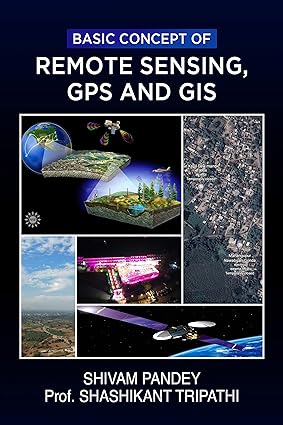Introduction
Examinations have long been a fundamental part of academic assessment. Traditionally, students are required to memorize vast amounts of information and reproduce it under timed conditions. However, with the evolving educational landscape, the concept of open book examination (OBE) is gaining popularity. This approach allows students to refer to their textbooks, notes, and other resources while answering questions, shifting the focus from rote memorization to critical thinking and application.
What is an Open Book Examination?
An open book examination is a type of test where students are permitted to use reference materials such as textbooks, class notes, and even digital resources. These exams are designed to assess students’ understanding, analytical skills, and ability to apply knowledge rather than their ability to recall facts.
Types of Open Book Examinations
Restricted Open Book Exam – Students can only use specific materials such as textbooks and class notes.
Unrestricted Open Book Exam – Students can refer to any material, including online resources.
Take-home Exam – Students are given a set of questions to complete outside the exam hall within a specified time.
Benefits of Open Book Examinations
1. Encourages Deep Learning
Since students have access to reference materials, they are encouraged to understand concepts deeply instead of memorizing information. They must focus on the application and analysis of knowledge rather than rote learning.
2. Reduces Exam Anxiety
Traditional exams often cause stress due to the pressure of memorization. Open book exams alleviate this pressure, allowing students to focus on demonstrating their understanding and problem-solving skills.
3. Enhances Critical Thinking
OBEs require students to analyze, evaluate, and apply knowledge rather than simply recall information. This encourages critical thinking and a more practical approach to problem-solving.
4. Simulates Real-world Scenarios
In professional and real-world situations, individuals rarely rely solely on memory; they refer to resources and analyze problems critically. Open book exams simulate such scenarios, making students better prepared for real-life challenges.
5. Encourages Effective Note-taking
Since students rely on materials during the exam, they develop effective note-taking and organizational skills, ensuring they can access relevant information quickly and efficiently.
Challenges of Open Book Examinations
1. Requires Higher-Order Thinking Skills
Unlike traditional exams, where recalling facts may suffice, OBEs demand deep comprehension, analytical reasoning, and the ability to synthesize information.
2. Time Management
Students may assume that having access to books will make the exam easier, but searching for answers can be time-consuming. Proper time management is crucial to completing the exam within the allotted timeframe.
3. Risk of Over-reliance on Materials
Some students might overly depend on reference materials instead of developing a clear understanding of concepts. This can hinder their ability to apply knowledge effectively.
4. Potential for Plagiarism
With access to multiple resources, the risk of copying directly from books or online sources increases. Exam questions must be designed to assess understanding and analysis rather than direct replication of information.
Tips for Succeeding in Open Book Exams
Understand the Concepts – Do not rely solely on materials. Having a strong grasp of concepts will help in answering questions effectively.
Organize Your Resources – Use bookmarks, sticky notes, and summaries to quickly locate key information.
Practice Answering Questions – Attempt sample questions to enhance your analytical and application skills.
Manage Your Time Wisely – Plan how much time you will allocate to each question to avoid spending too much time searching for answers.
Read Instructions Carefully – Ensure you understand the requirements of each question before answering.
Conclusion
Open book examinations mark a shift from traditional rote memorization towards analytical and application-based learning. While they come with their own set of challenges, they ultimately help students develop critical thinking, problem-solving, and research skills essential for academic and professional success. As education continues to evolve, adopting open book exams can be a valuable strategy in fostering a more meaningful and practical learning experience.









